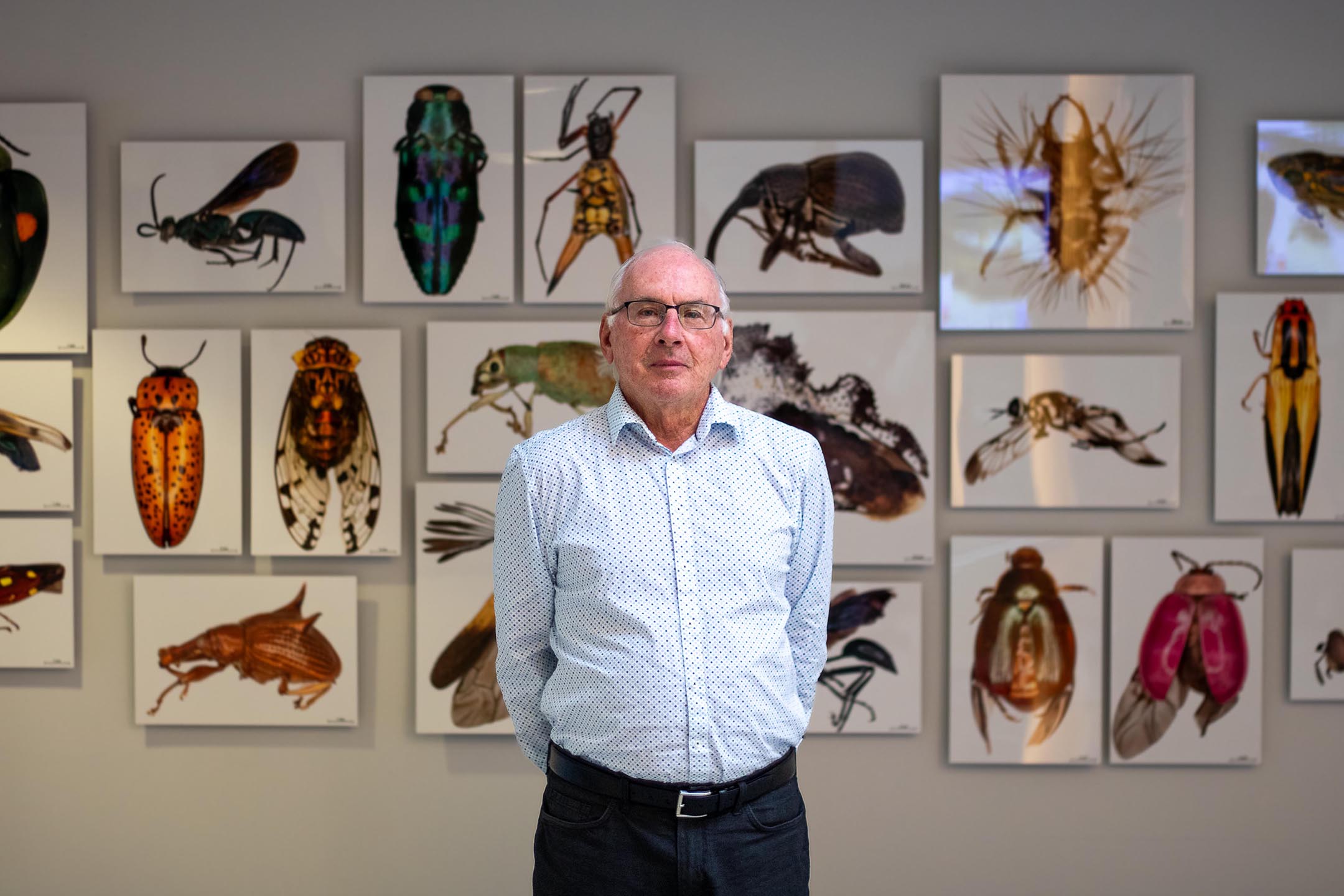GUELPH – University of Guelph (U of G) scientist Dr. Paul Hebert won the Benjamin Franklin medal for earth and environmental science; an award that was to be presented on April 18.
He is only the fourth Canadian to receive the honour.
Hebert is known as “the father of DNA barcoding,” and is being awarded the medal in recognition of “ground breaking” work that created a technology that identifies species using small segments of DNA.
This is in the same way a barcode can identify a product at a store.
The technology now highlights a global effort to catalogue all life on earth and has helped make identification faster, more accurate and less expensive than previous methods.
The Franklin Institute has awarded Benjamin Franklin medals since 1824 to world-changing scientists, engineers, inventors and industrialists.
The medal is the oldest comprehensive science and technology award in the United States with past laureates including Nikola Tesla, Albert Einstein and both Marie and Pierre Curie.
“It is thrilling to receive the 2024 Benjamin Franklin medal in earth and environmental science,” Hebert said in a U of G press release.
“Importantly, this award endorses a planetary research program led by Canada that is providing humanity with the knowledge required to better insulate biodiversity from global change.”
DNA barcoding
Hebert is the founder and CEO of the Centre for Biodiversity Genomics (CBG) within the College of Biological Science at U of G.
He raised $160 million over the past 20 years to develop the infrastructure and to support the staff to advance its capacity to lead a major scientific program.
CBG is the world’s first digital biodiversity archive, housing the largest DNA bank for biodiversity.
It is a library of more than 9 million images and sequences from more than 15 million specimens.
The technology Hebert developed is allowing scientists to identify all species on the planet through the not-for-profit International Barcode of Life consortium, headquartered at the CBG.
Hebert is scientific director at the consortium, and it unites more than 1,000 researchers in 41 countries with a shared mission to build the global DNA barcode reference library.
The project is set to become the largest biodiversity science project undertaken, with researchers using DNA barcoding to identify more species before 2030 than in the past 275 years using the traditional Linnaean taxonomic system.
Aside from his research contributions, Hebert has inspired and mentored many students.
Over 30 years, he exposed nearly 1,000 undergraduate students to research through his field courses in the Canadian Arctic, Australia and Jamaica.
“Dr. Hebert has provided many students, at both the undergraduate and graduate levels, with unparalleled hands-on opportunities at the forefront of biodiversity, ecology, and evolutionary science,” said Dr. Mazyar Fallah, dean of the College of Biological Science in the same press release.
“Through the CBG, our students learn innovative analytical and technical skills, positioning them as trailblazers in biodiversity research to improve life and secure bright futures in science.”
An award ceremony took place April 18 at the Franklin Institute, a science museum in Philadelphia, where Hebert was formally honoured.




